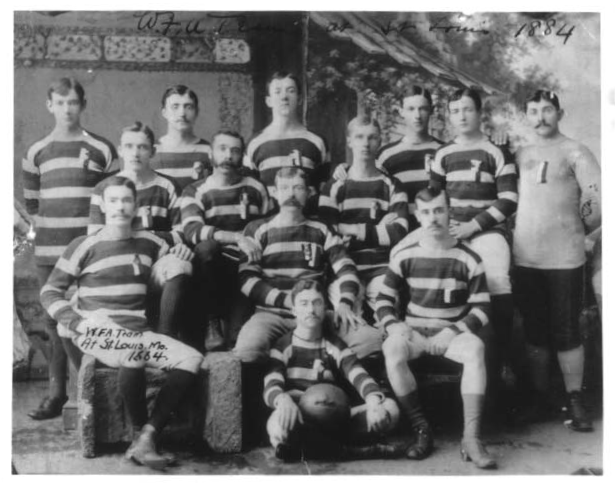This week I focused my attention of reading the first chapter of Futbolera. This reading focuses on an aspect of history that I was not familiar with beforehand. As a history major the role of women in historical societies is something that is always touched on, an idea that comes up often in historical thinking would be the role and importance of motherhood. The most familiar part of this writing to me would be how it touches on the debate of the role of women in society and the morality of their involvement in society as a whole. The part of the writing that made this concept alien to me would be how it explores this question through the lens of women’s involvement in sports.
An interesting detail from the text would be the reasoning behind male opposition to women’s involvement in sports or even being present to watch a sporting event. The point that the chapter presents would be that men viewed the realm of sports to be a male dominated one and a way for them to get away from the expectations of the household, these expectations were apparently glued to the mere presence of women. This seeming attack on their hobby did prompt some very aggressive reaction from those in power over Sports Clubs, though no physical violence was used there were printings of cartoons which featured violence against women who dared to ‘trespass’ into football as a spectator. Propaganda is something familiar with social movements throughout history and this gives a clear message of Sports Clubs wanting to keep their atmosphere for a solely male audience. Giving a warning for women to stay away.
Going from this borderline threat of physical violence to the 1980s where the stadiums of Football exploded into actual violence fueled a different set of values from those in charge of Sports Clubs, hoping the attendance of women would bring down violence within the stands. This did not have the desired effect as male fans continued to value violence as the only way to truly show one’s passion for the game, it was an interesting detail within the text that some women noted readily available protection from violence but still faced violent methods in their exclusion from fan groups.
